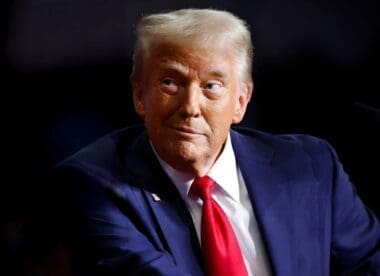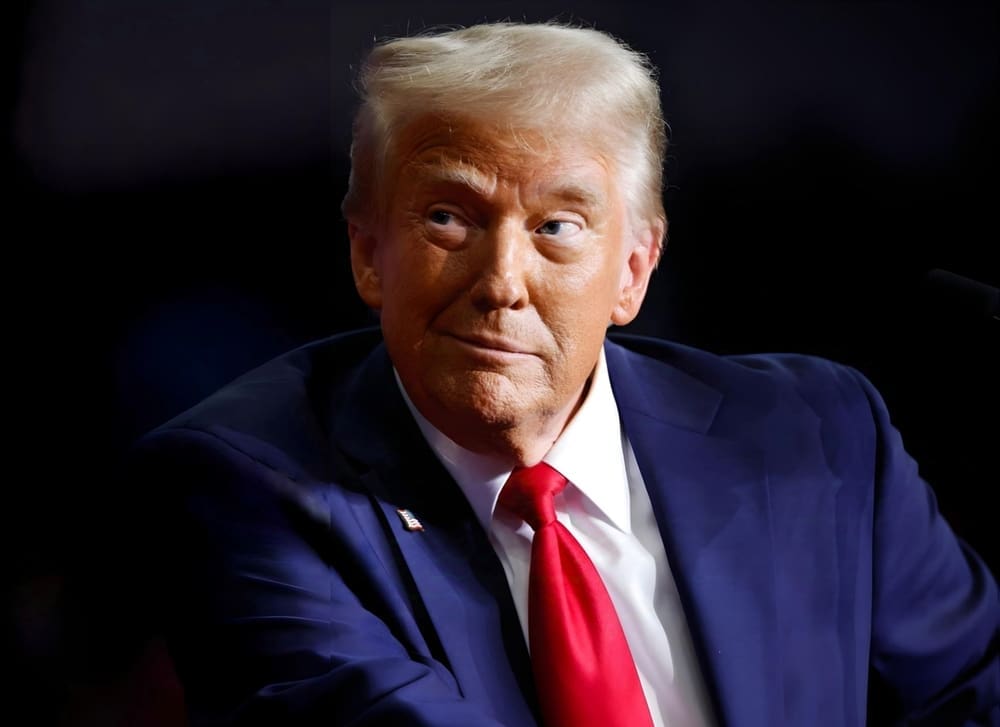Tariffs introduced by President Donald Trump have had profound economic effects, not only wiping out substantial wealth but also increasing the risk of a global recession. These measures have led several of Trump’s prominent supporters to reconsider their backing of his presidency. Individuals such as Bill Ackman, a major investor, and Alex Berenson, known for his anti-vaccine stance, have expressed regret over their support. Others, like geneticist and writer Razib Khan, have admitted to underestimating the impact of Trump’s tariff policies.
Richard Hanania, a political commentator with connections to high-profile figures, recently penned an essay detailing his change of heart regarding Trump. Initially, Hanania anticipated a presidency constrained by conservative principles and traditional institutions. However, he observed a shift towards a new brand of politics characterized by fervent Trump allegiance and rising figures like cryptocurrency enthusiasts and unconventional influencers.
To some, this turn of events might seem perplexing. Trump had clearly indicated his intention to impose broad tariffs on imports if re-elected. Many had warned of the potential implementation of such tariffs, yet well-educated supporters overlooked these signals. These individuals initially supported Trump, believing he would champion cultural battles and that influential figures like Elon Musk would temper his more extreme economic policies.
However, doubts have emerged. Increased reliance on individuals like Musk, who is perceived as fostering instability rather than order, has led some to question their previous choices. This reliance placed cultural issues above economic concerns, ignoring evident warning signs about Trump’s economic strategies. Now, concerns about the sustainability of their cultural objectives have become prevalent.
The initial support for Trump was founded on a belief in a coalition advocating for cultural conservatism while maintaining economic prudence. Yet, the anticipated moderation by figures within Trump’s circle, such as Musk and others from the tech industry, failed to materialize. Instead, they seemingly became enablers of Trump’s broader plans.
As the situation evolves, individuals once confident in their support of Trump are now reevaluating their positions. This shift highlights a broader trend within the right-wing coalition, as divisions deepen and priorities realign.
The Bottom Line
- The reconsideration of support among Trump’s backers could lead to a reshaping of political alignments, potentially weakening Trump’s influence within conservative circles.
- Economic instability resulting from tariff policies may affect everyday Americans through increased costs of goods, influencing consumer behavior and financial planning.
- The political shift might prompt a reevaluation of cultural and economic priorities among voters, impacting future elections and policy decisions.
- Businesses and industries dependent on international trade may face challenges, potentially leading to job losses and economic adjustments.
- The broader implications of these policies could extend to international relations, impacting the United States’ position in global economic and political arenas.











